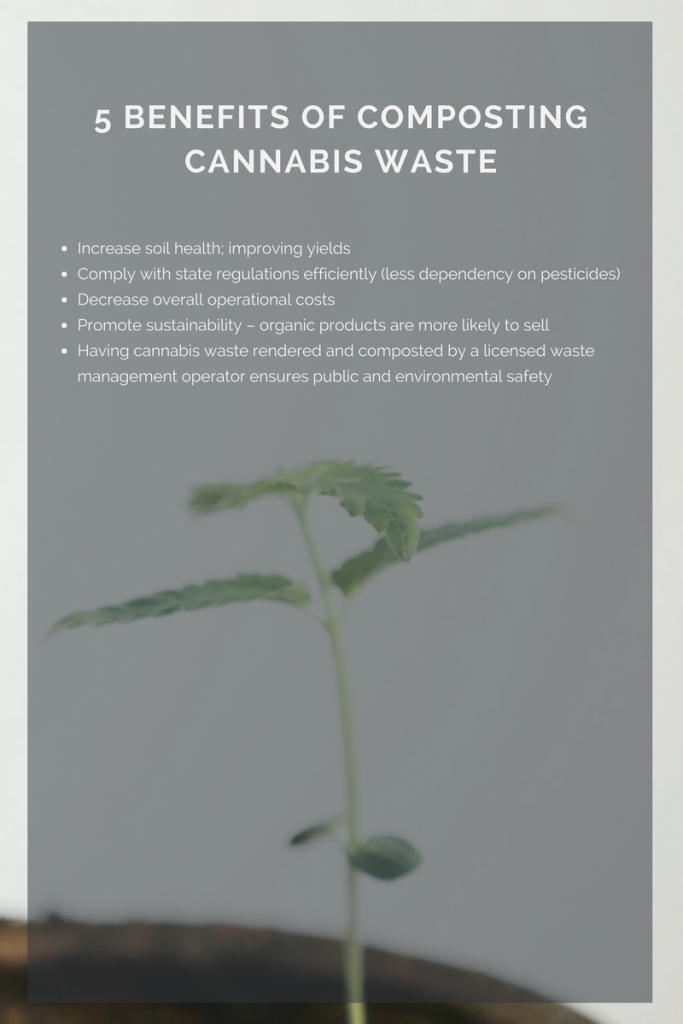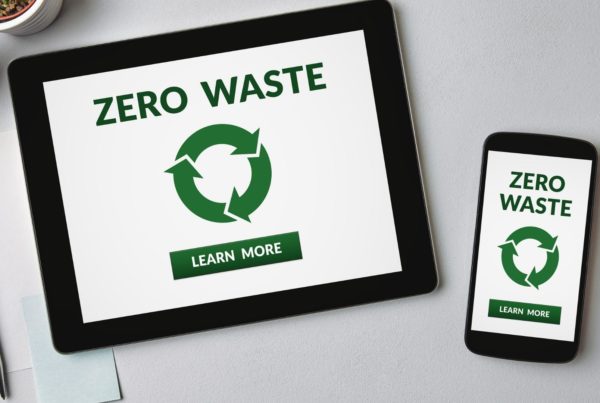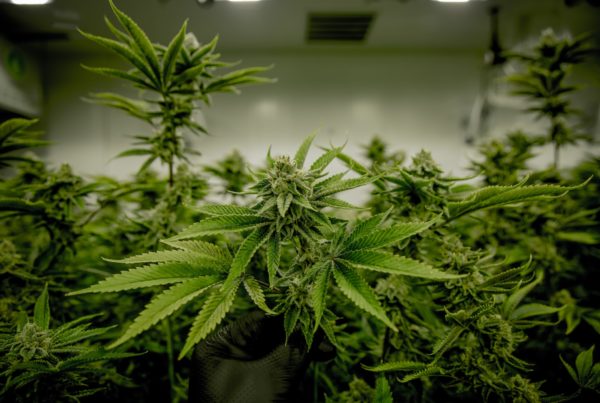In this post, we are going to share 5 benefits of composting cannabis waste. The cannabis industry is composed of multiple verticals that all produce undesirable organic “waste” and “byproduct”. However, there is a sustainable and ecological responsible tool to re-use organic waste. Instead of tossing it into the landfill, composting is a beneficial tool that can sequester carbon and add more nutrients to the soil. This closed-loop waste system is commonly used by organic farmers to save money and aids in re-growth for the new season.
Composting Cannabis Waste: 5 Benefits of Composting
A common reason why cannabis products are thrown away is due to compliance issues with the state (frequently THC or pesticide content). Other reasons include bad or expired edible batches, post-extracted manufacturing waste, and the usual stalk, stems, and leaves after trimming.
When batches fail the inspection they are frequently thrown away in the standard waste-stream system or in extreme cases, finds its way into the black market at the expense of the general public. Populations engaged in the illegal sale of marijuana are at risk of ingesting or smoking cannabis harboring chemical contents that are hazardous to human health.
Remaining cannabis byproduct is hauled off to the landfill, where it anaerobically decomposes. As organic waste decomposes in these conditions it produces methane, a greenhouse gas that is 84x more potent than carbon dioxide.
Composting utilizes aerobic conditions that sequester carbon and promote healthy microbial growth. Cultivators can use compost to increase soil fertility, fight against plant diseases, improve water retention and quality.

Contributed by: Stephani Smith
Stephani is a GAIACA intern and currently a student at California State University Monterey Bay, studying Environmental Studies.






